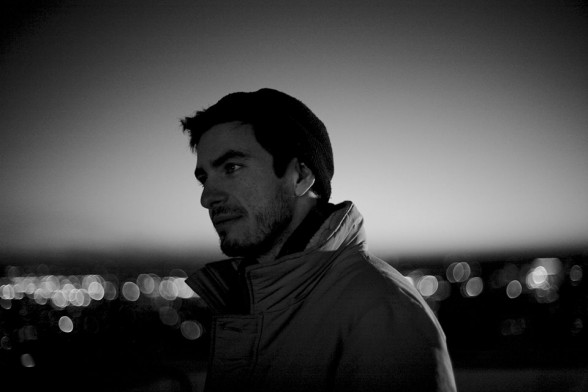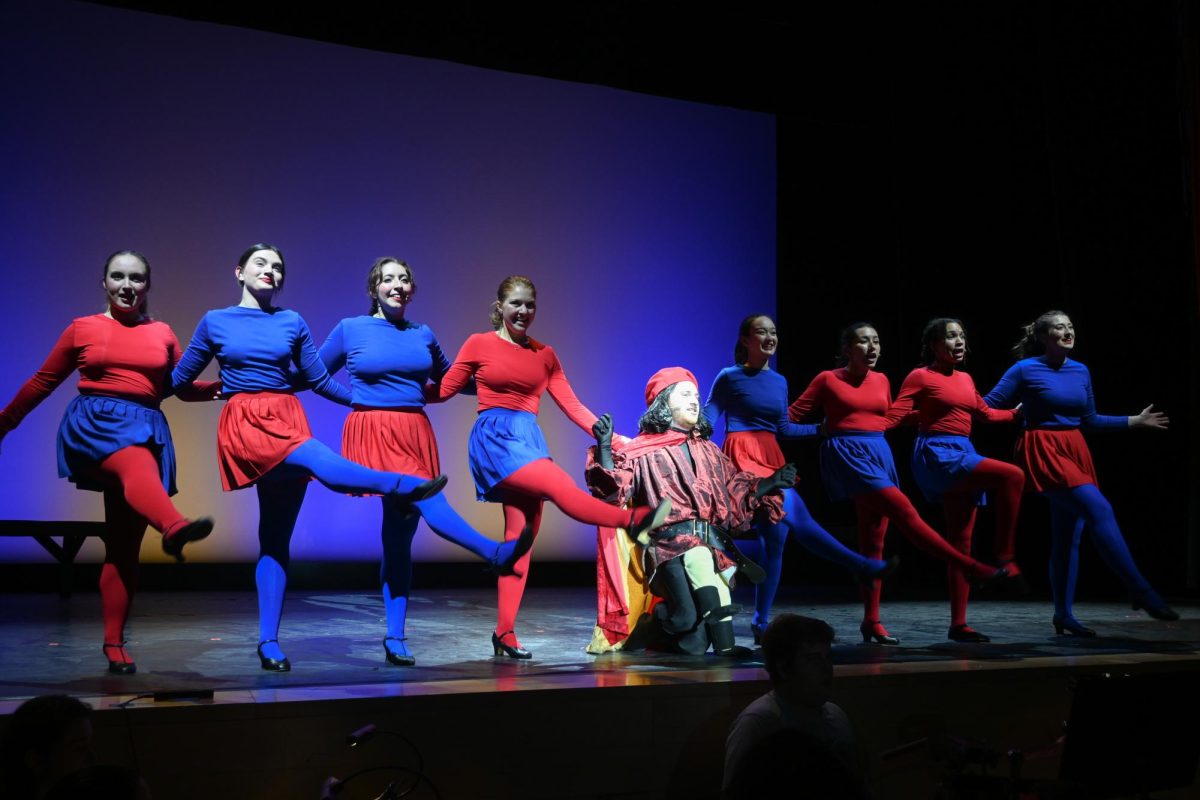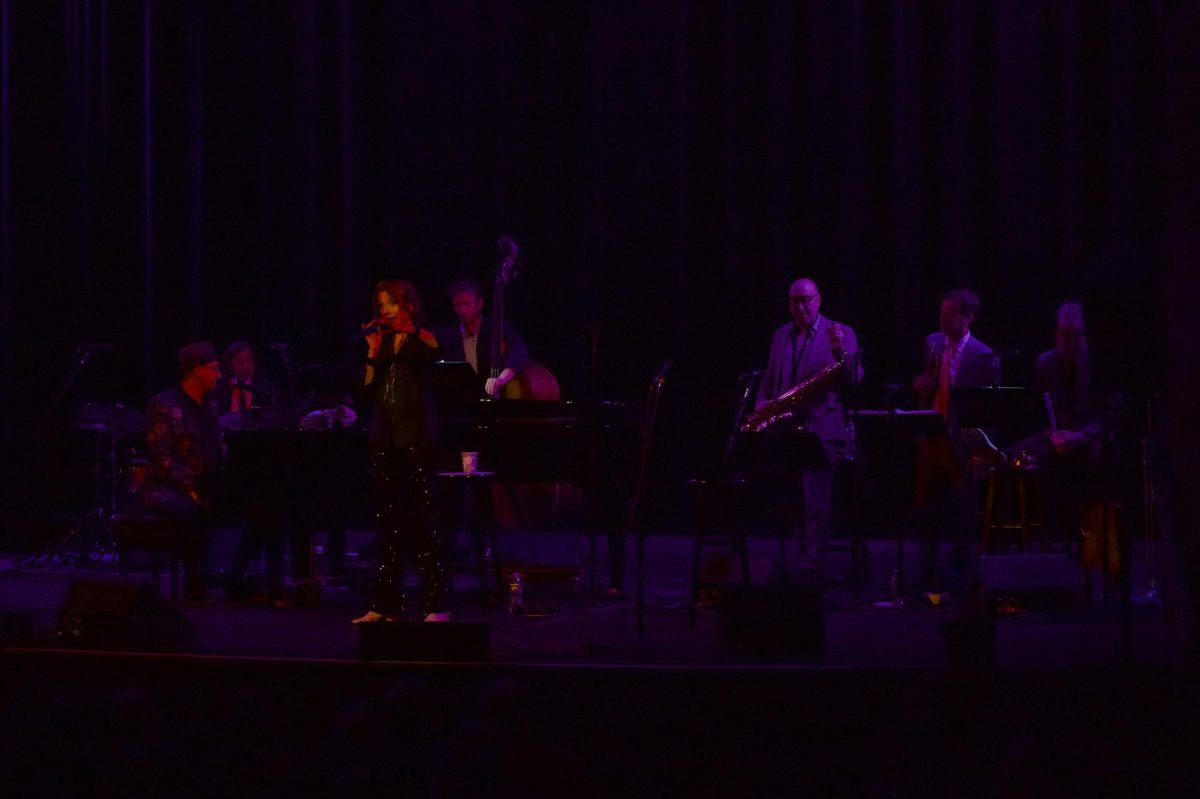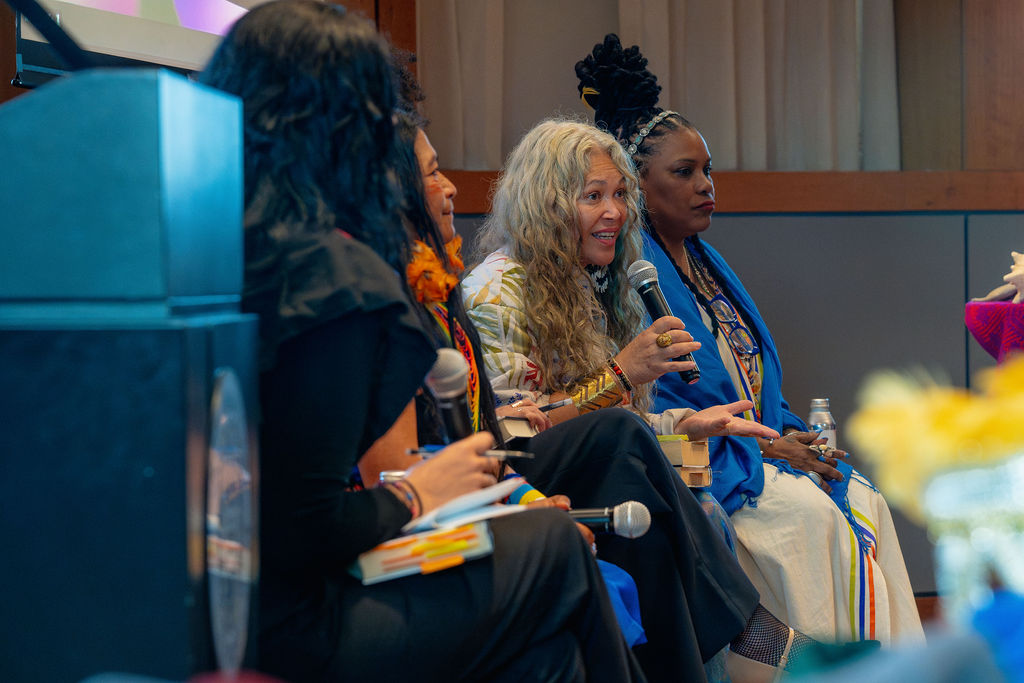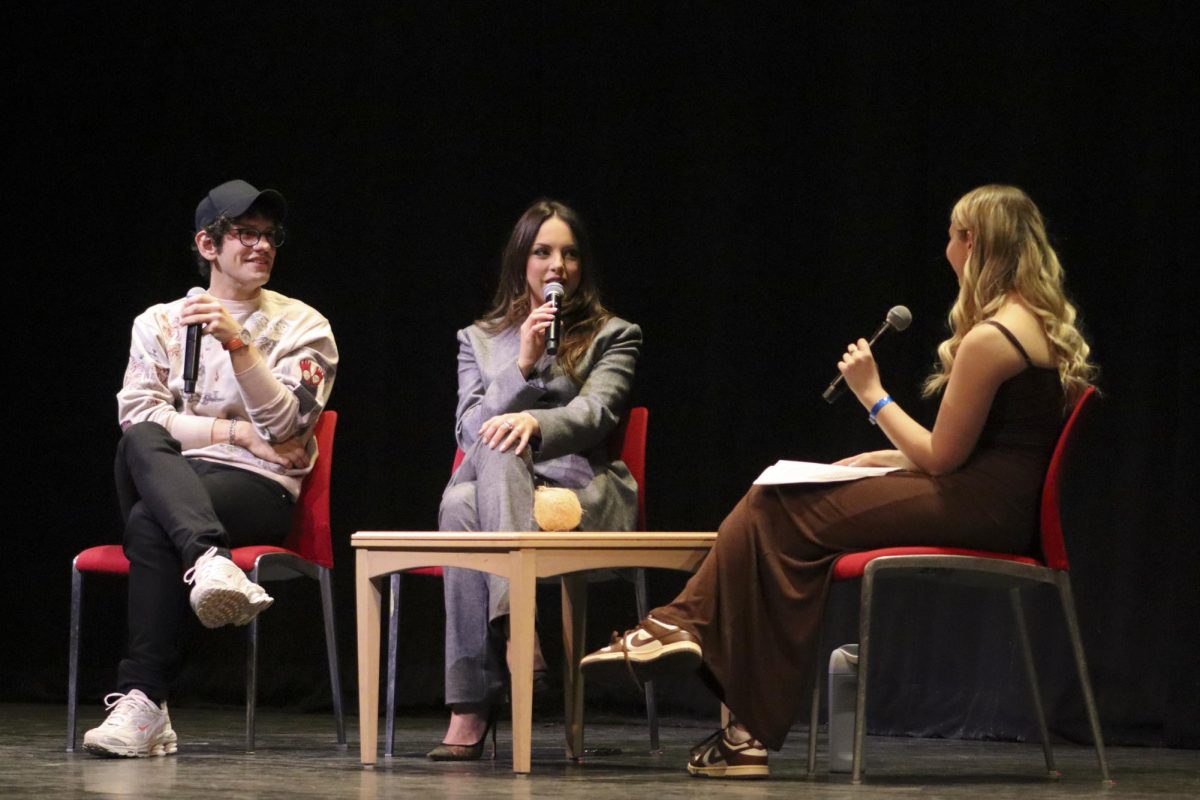By Juan A. Ramirez, Staff Writer
Before graduating as a combined cinema studies and philosophy major in 2015, Northeastern University alumnus Jackson Hyland-Lipski had already worked on two Academy Award nominated films: 2014’s winner of Best Documentary (Short Subject), “Crisis Hotline: Veterans Press 1” and 2015 Best Documentary nominee, “What Happened, Miss Simone?”
“I was looking for jobs on Craigslist and I saw that this director needed an intern, so I asked if I could work for him and not be an intern. You know, I wanted to make money.”
Without mentioning his myriad of side projects as a web developer, writer and composer – the iOS game, “Slide,” which features an original soundtrack by Hyland-Lipski, was the most downloaded free app of March 2012 – the former Husky’s work in the film industry has been prolific.
“My main goal right now is to not focus on one area of filmmaking, but immerse myself in each facet of the industry to get a good handle on how it all works, then see what I’m good at and what interests me the most,” Hyland-Lipski said.
After a brief stint as a music major his freshman year, the Long Island native set his sights on the Cinema Studies program, eventually scoring his co-op with Amy Hobby, a producer on the Netflix original documentary, “What Happened, Miss Simone?” based on the infamous personal life of singer Nina Simone. He worked as an archival assistant mainly in charge of researching footage of the late blues icon.
The co-op allowed Hyland-Lipski to travel to France and further widen his connections within the film industry.
“It was a really small crew,” Hyland-Lipski said. “What’s great about that was that it gave me the opportunity to help on set, go to Paris to help shoot interviews […] and find out about Nina’s life. At the same time, I was working with the producer, who has a company that funds films and TV shows directed or written by women, so I was able to be the head of development for that. It was a very broad experience that will definitely help me throughout my career.”
Many of the projects Hyland-Lipski has worked on deal with social issues; “Crisis Hotline: Veterans Press 1” examines veteran suicides, and a new project he has undertaken as assistant producer on a sequel to the 2014 documentary, “Alive Inside,” studies how music affects people with dementia.
“Nina Simone died 13 years ago, so it’s not the most relevant moment in terms of her, individually,” Hyland-Lipski said. “But in terms of civil rights, women’s rights, family abuse and mental health, since she was schizophrenic. Those issues really made the film relevant to a lot of people, which definitely helped its chances of getting nominated.”
As someone who landed an extended co-op and also spent summers teaching film to middle school students or studying abroad at the Sorbonne University in Paris, Hyland-Lipski proved himself to be a remarkably driven student – something not lost on his former teachers.
“He was, of course, really smart,” Nathan Blake, assistant teaching professor and coordinator of the Media and Screen Studies program at Northeastern, said. “But he was also very motivated and brought cinema studies and philosophy together in a really unique way. I think he’s a great example of the interdisciplinary approach of what the program can do: To incorporate production and a critical thinking approach to analysis.”
Hyland-Lipski, whose current schedule boasts a number of developing projects, credits his broad interests for his ability to find steady work and is still writing and composing music in Manhattan, where he now lives. Regardless, he champions the documentary film format, the medium in which he has found the most success, for its ability to delve into an issue head-on and bring it to life for all to see and experience.
“Working on these projects has increased my interest in all of these issues,” Hyland-Lipski said. “One thing I’ve struggled with is how to justify being in the arts, in terms of how much I can help the world on a small or large scale, and I’ve realized that documentaries are the most direct way to do that within film since it’s a real message. It’s not a metaphor.”
Photo courtesy Northeastern Center for the Arts


